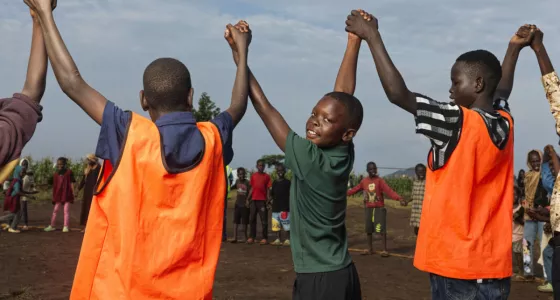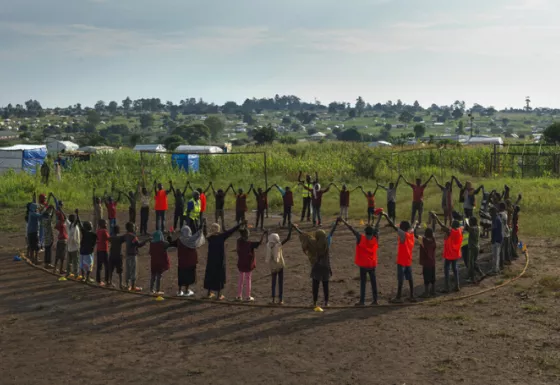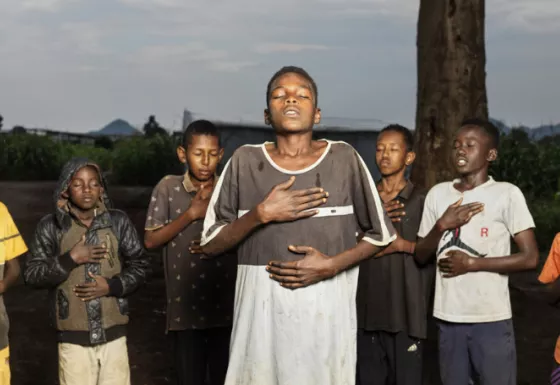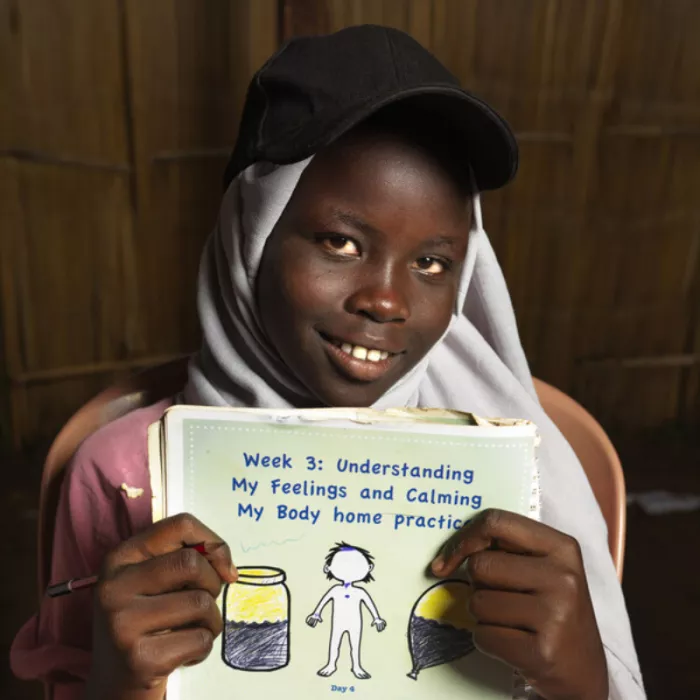Most children dream of becoming astronauts, doctors, or teachers but war robs them of this vision and the bright future ahead. They may have lost parents, homes, schools, everything familiar. The pain they carry is often invisible, but it is just as real as hunger or thirst.
Without mental health support, children cannot recover, learn, or thrive. Trauma stays with them for life. That’s why War Child and our local partners, provide safe spaces, counselling, and support that help children start to feel like children again.
Around the world, nearly 1 in 5 children are affected by conflict. Research shows that around 47% of children exposed to war may suffer from anxiety, depression, or post-traumatic stress.
Mental health care is not a luxury, it is lifesaving. Just like food, water, and shelter, it must be part of every emergency response. Yet right now, mental health support receives less than 2% of all international aid funding, leaving countless children suffering in silence.
War Child and its partners are working on the frontline of this crisis.
In 2024, we provided mental health support to 147,000 children around the world, including in Uganda.




